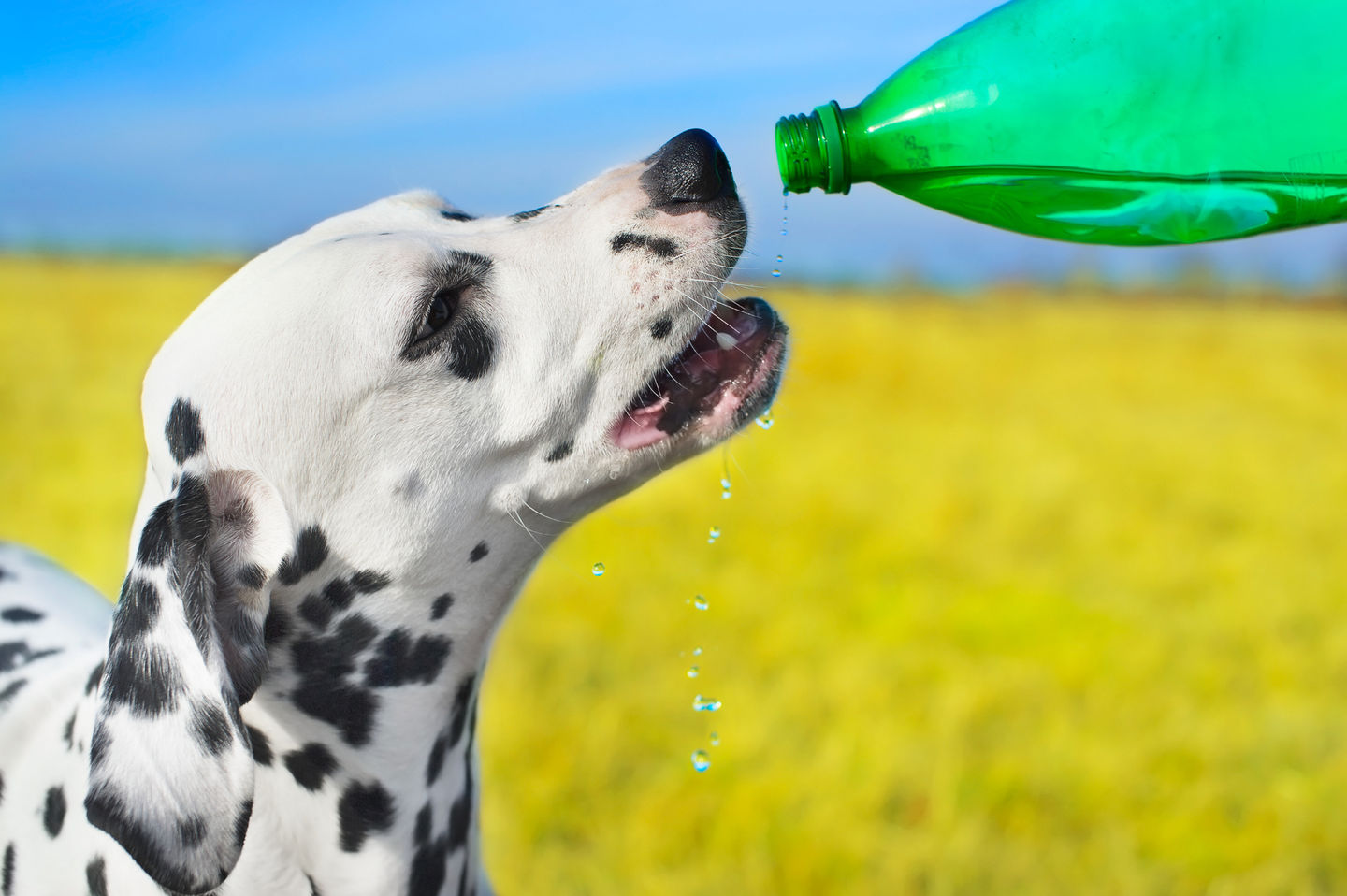
If you’ve noticed unusual twitches from your dog, they may be dealing with muscle spasms. On their own, muscle spasms may not be a major cause for concern. However, they can be a sign of a more troubling issue, so it’s important to carefully monitor your dog’s symptoms so you can determine what course of action is necessary. You may simply need to purchase extra pet supplies to keep your dog rested and hydrated, or you might need to get the opinion of your veterinarian. Here are three of the common causes of muscle spasms that you should be aware of.
3 Causes of Muscle Spasms in Dogs
1. Overexertion or Injury
If your dog has been getting more exercise than usual, then muscle fatigue may be what’s causing the spasms. However, an actual muscle tear or injury can also be the cause. It’s a good idea for your dog to get plenty of rest in either case. However, if your companion seems to be in pain or exhibit any other troubling symptoms like lameness, take them to the vet right away.
2. Allergic Reaction

Sometimes, muscle spasms can be caused by allergies or a reaction to a new prescription. If you’ve recently introduced a new food or medicine to your dog, this would be a cause to consider. Talk to your vet right away about discontinuing use. They can help you determine whether the symptoms are severe enough to make changes.
3. Lack of Fluids
Dehydration is another common cause of muscle spasms. When the muscles don’t receive enough water, they can’t properly contract. Your dog should always have access to clean water, especially when they’re getting plenty of physical activity. If you notice muscle spasms and they don’t subside after your pup drinks water, it’s smart to seek advice from your veterinarian.

